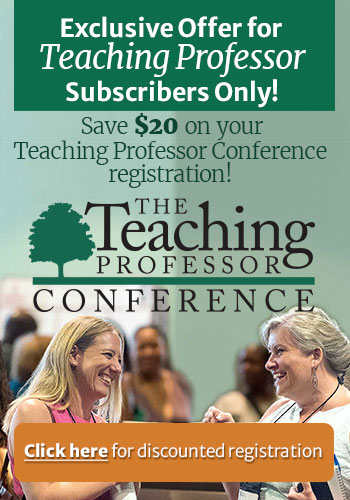
Figuring Out Feedback to Students
How do we get students to act on the feedback we provide? When papers are returned, they look at the grade first and then (but not always) briefly peruse the comments. Do they read them more carefully at home? When asked, they say they do,












